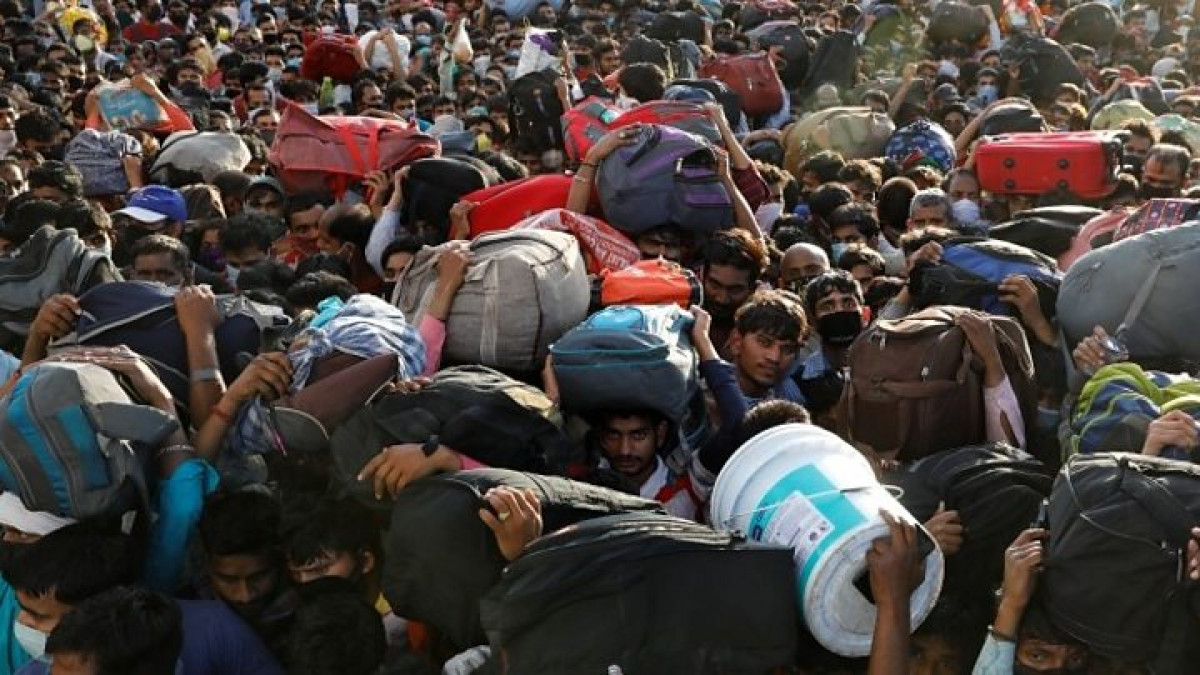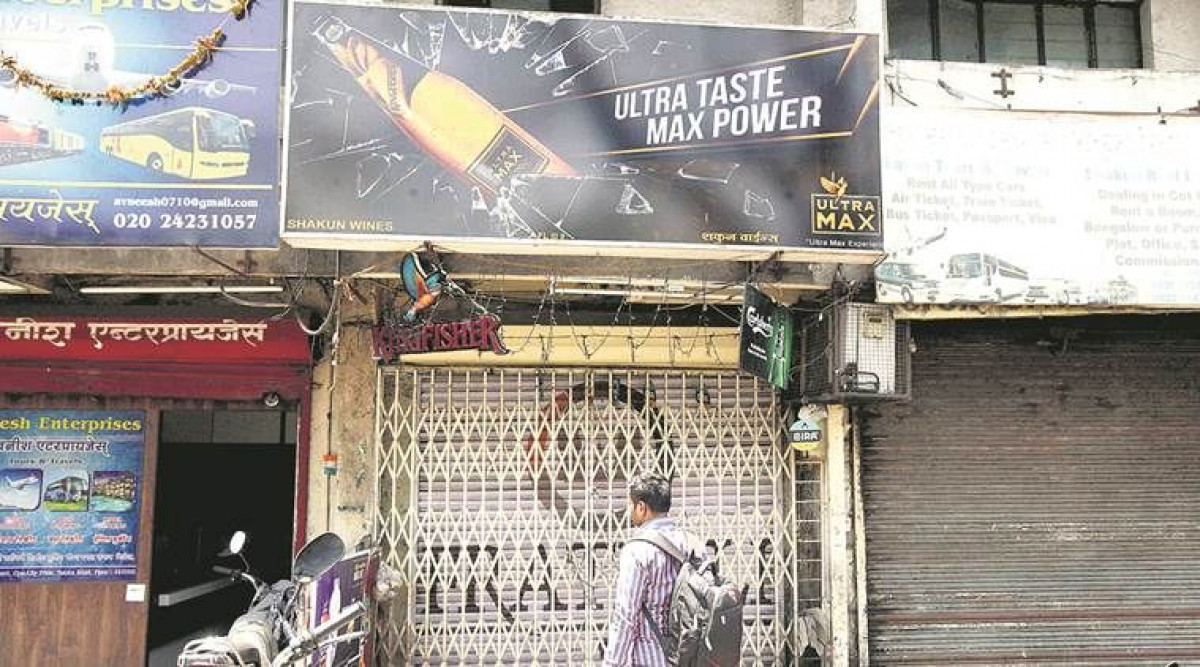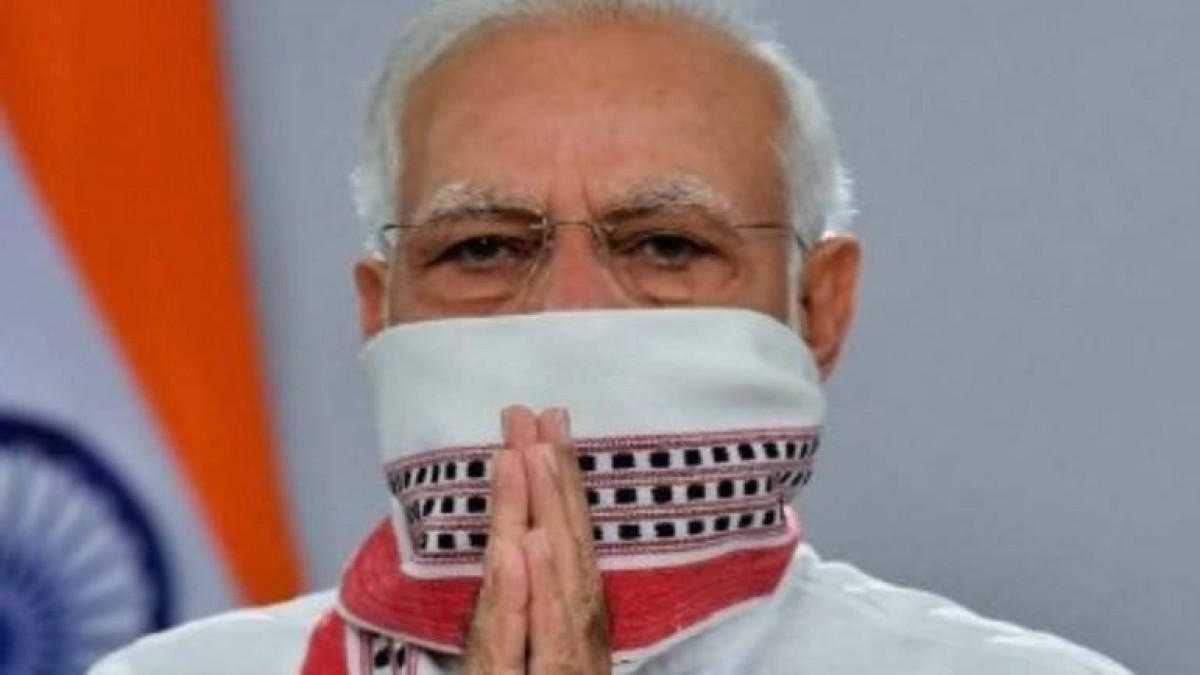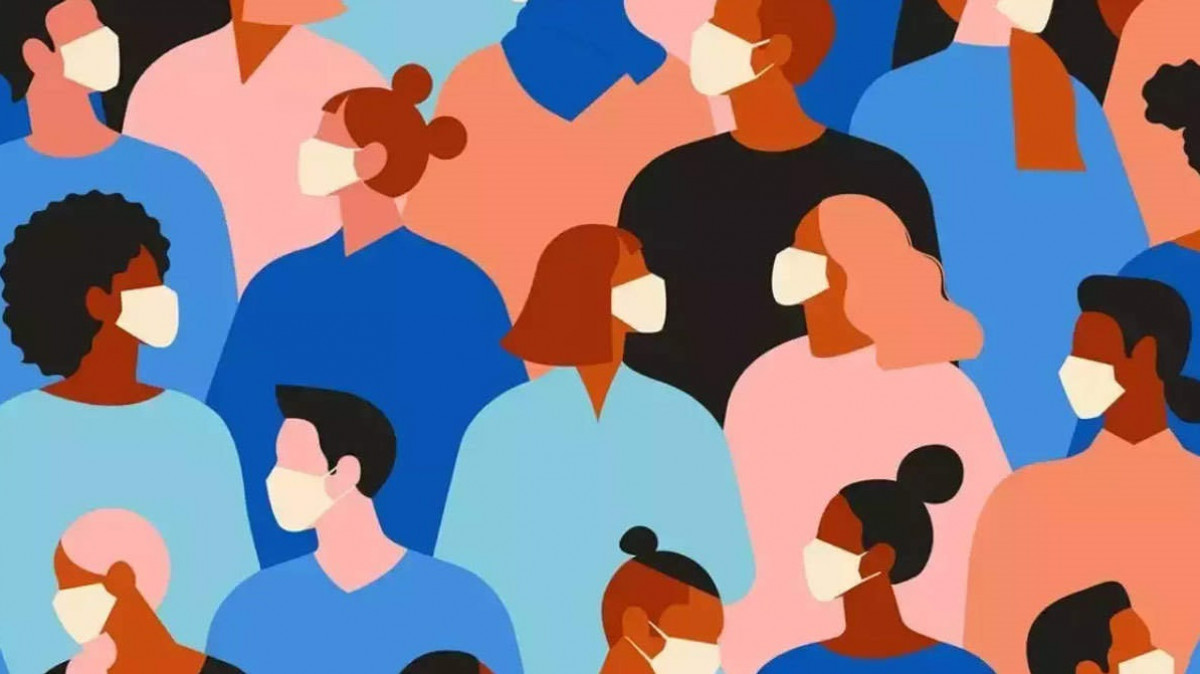Opinion
Welcome to the rule of ma'jor'ity
The years between 2020 and 2035 in India, I fear, are likely to be similiar to the years between 1930 and 1945 in Germany.

The years between 2020 and 2035 in India are likely to be similiar to the dark years between 1930 and 1945 in Germany. There, it was the rule of the Third Reich. Here, it is the rule of Modi 2.0. I say this, among other things, in the context of the recent abrogation of Article 370 of the Constitution of India that accorded special status to the troubled state of Jammu and Kashmir.
The statesmen involved with Article 370, soon after Indian independence in 1947, were Jawaharlal Nehru, Sardar Vallabhai Patel, Shyamaprasad Mukherjee and B. R. Ambedkar. The present Modi 2.0 regime, which is obsessed with Congress-bashing, of course singles out Nehru as the villain of the piece, arguing that he alone was in favour of Article 370, while Patel, Mukherjee and Ambedkar were opposed to it. Geeta Bhat, an adamant BJP spokesperson went to the extent of dishonestly saying on national television that Ambedkar was dead against conferring special status to Jammu and Kashmir. In truth, Ambedkar’s views were quite the contrary. In Ambedkar’s own words, “My view has always been that the right solution is to partition Kashmir. Give the Hindu and the Buddhist pasts to India and the Muslim part to Pakistan, as we did in the case of India.”
Ambedkar’s generosity must here be noted. While the rest of the world refers to it as Pakistan Administered Kashmir, India alone calls it Pakistan Occupied Kashmir, or PoK. The implications of the word ‘Occupied’ are clear: PoK is really a part of India illegally held by Pakistan, from which it must be re-captured. In fact, it would not be far-fetched to speculate that this is what is next on the agenda of Modi 2.0, even at the risk of a nuclear war.
It is true that Article 370 was seen as a temporary and not a lifelong provision. But then, so was the reservation policy (or quota system) which has continued unchallenged for the past seventy years.
It is not that Article 370 cannot be revoked. However, the Constitution of India unequivocally lays down that it can only be revoked with the consent of the state legislature of Jammu and Kashmir. When the Modi 2.0 regime revoked it on 5 August 2019, there was no state government in Jammu and Kashmir, which had earlier been dissolved, as the BJP was unhappy with its partnership with Mehbooba Mufti’s PDP government. Instead, the state was under the administration of a Lieutenant Governor in Delhi, who put his signature to the order. This was clearly a mischievous act on the part of the new regime. No wonder the Congress said that they did this “surreptitiously like thieves in the night.”
It was not just Article 370 and Article 35 (a) that the regime revoked. They also downgraded Jammu and Kashmir from a full-fledged state to a union territory. Furthermore, they bifurcated it into two union territories—Jammu and Kashmir, and Ladakh. This prompted an alarmed Ramachandra Guha and others to point out that if they did this to Jammu and Kashmir today, and got away with it, they could easily do it to other states as well, particularly the border states of the North East. A time may come, then, when all of India is ruled by and from New Delhi by the BJP! As such, they have ensured the death of a healthy opposition, what with Rahul Gandhi wanting to resign from his post as Congress president, the Congress being divided on the abrogation of Artice 370, the BJP wanting that central and state elections should be simultaneously held, media houses being wantonly bought, and so on.
Vivek Reddy, another petulant BJP spokesperson, said on national television that such a downgrading would not happen in other states because they did not suffer from “cross-border terrorism”. When it was pointed out to him that the seven states of the North East—Assam, Meghalaya, Arunachal Pradesh, Mizoram, Manipur, Tripura and Nagaland-- also faced the prospect of cross-border terrorism, he attempted to make an unconvincing and inchoate distinction, as is his wont, between Pakistani cross-border terrorism and other kinds of cross-border terrorism.
Never in the history of independent India has a full-fledged state been downgraded into a union territory. On the contrary, erstwhile union territories like Goa have been upgraded to statehood.
The attitude of the Rajya Sabha is, to say the least, highly condemnable. The ruling dispensation does not have a majority in the Rajya Sabha. Yet, the Rajya Sabha gave its consent to the bill even before the Lok Sabha. In this, they only proved that the Modi regime was entirely successful in its attempt to stifle the opposition. Can a healthy democracy function without a conscientious opposition? The quasi-dictatorship’s endeavour to eliminate the opposition is of course in character; but the opposition’s succumbing to this is clearly not. A panellist on NDTV 24X7, the only independent television channel that is not a ‘godi-media’ channel, therefore rightly said that the opposition in the Rajya Sabha should pack its bags and go home. I would add that on reaching home, they should hang their heads in shame.
Home Minister Amit Shah went on ranting on the floor of the Lok Sabha how the scrapping of Article 370 would be beneficial to the Kashmiri people in terms of integrating them with the mainstream, giving the youth jobs, and enabling outsiders to buy property and settle down in Jammu and Kashmir. Really? If that were so, and there was cause for jubilation and celebration, why were the people of Kashmir themselves not out on the streets dancing and distributing sweets, like the BJP’s henchmen in the rest of India, which some television channels insensitively showed us? Why were their leaders Mehbooba Mufti and Omar Abdullah arrested in make-shift prisons? Why was Farooq Abdullah sobbing? Why was there a lockdown in Jammu and Kashmir with landline and mobile phones, and the internet going dead? Why were lakhs of CRPF and other troops sent to Jammu and Kashmir? Why were the Amarnath pilgrims asked to abort their pilgrimage and go home? Why were tourists asked to vacate all hotels? Why did countries like UK, Germany and Australia issue advisories to their citizens not to travel to Jammu and Kashmir? Why, why, why?
The Modi 2.0 regime argues that the people of India want that Article 370 should go. But what about the unfortunate, isolated people of Jammu and Kashmir themselves? It is clear that they are unhappy with the decision. Does the ruling dispensation realize that turning the people of a nation against each other is the ideal recipe for a civil war? Besides, the Indian majority who are clearly anti-Muslim, see today’s Kashmir as a Muslim state from which Hindu pundits were driven out. They side with the Modi 2.0 government because, without understanding the complexities of the issue, they think that Kashmir belongs to them.
As a gay activist, I am always terrified by majoritarian arguments. If Article 370 is scrapped because the people of India are opposed to it, what can stop the Modi 2.0 government from reinstating Article 377, arguing that the majority of (heteronormative) Indians are opposed to homosexuality? Let us not forget the notorious Subramaniam Swamy’s ominous words to the LGBTQIA+ community when the Supreme Court re-read down Section 377 of the Indian Penal Code last September. Do not think that this is the last word on the subject, the man wagged a finger and warned us.
Let me end this article with a sinister comparison. In the days to come, India might become to Jammu and Kashmir exactly what the United States today is to Iran. US sanctions have ensured that the Iranians are in dire straits. India’s revoking of Article 370 will similarly guarantee that the people of Jammu and Kashmir will be reduced to penury and starvation, whichever way one chooses to look at it.
(Professor R. Raj Rao is one of contemporary India’s most well-known gay writers and academics).
The opinions expressed by the author are personal. Indie Journal does not necessarily subscribe to them.





